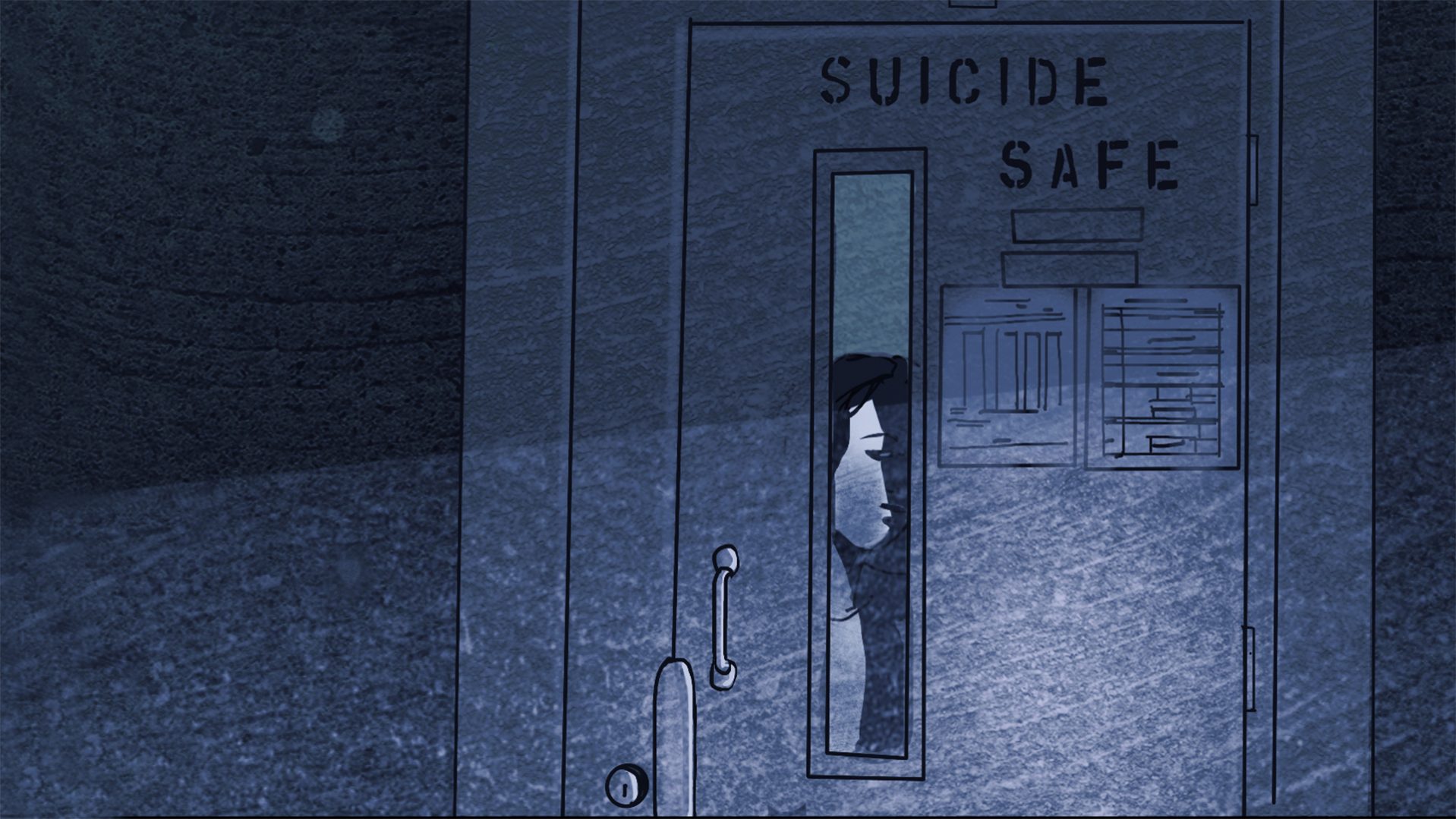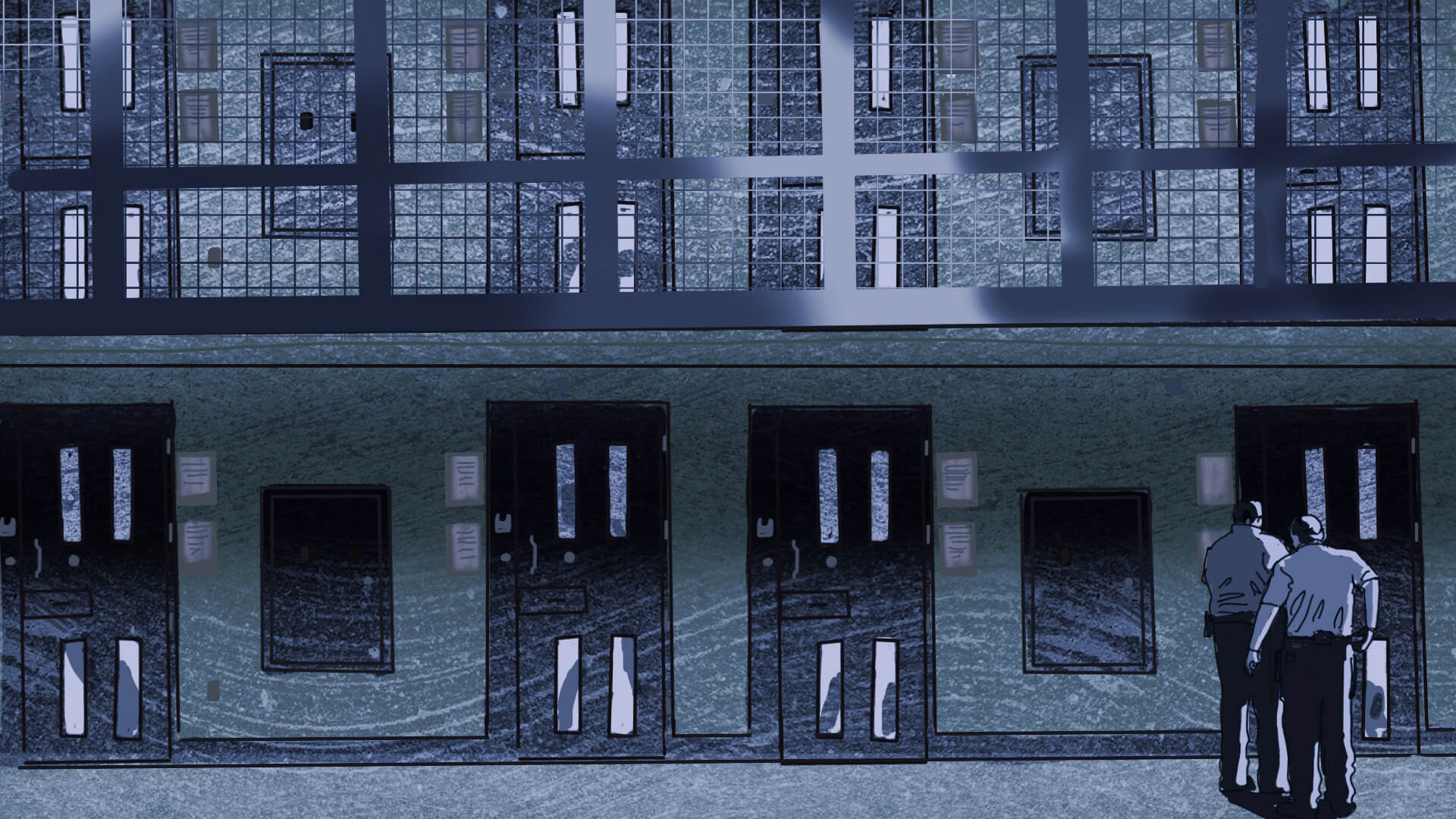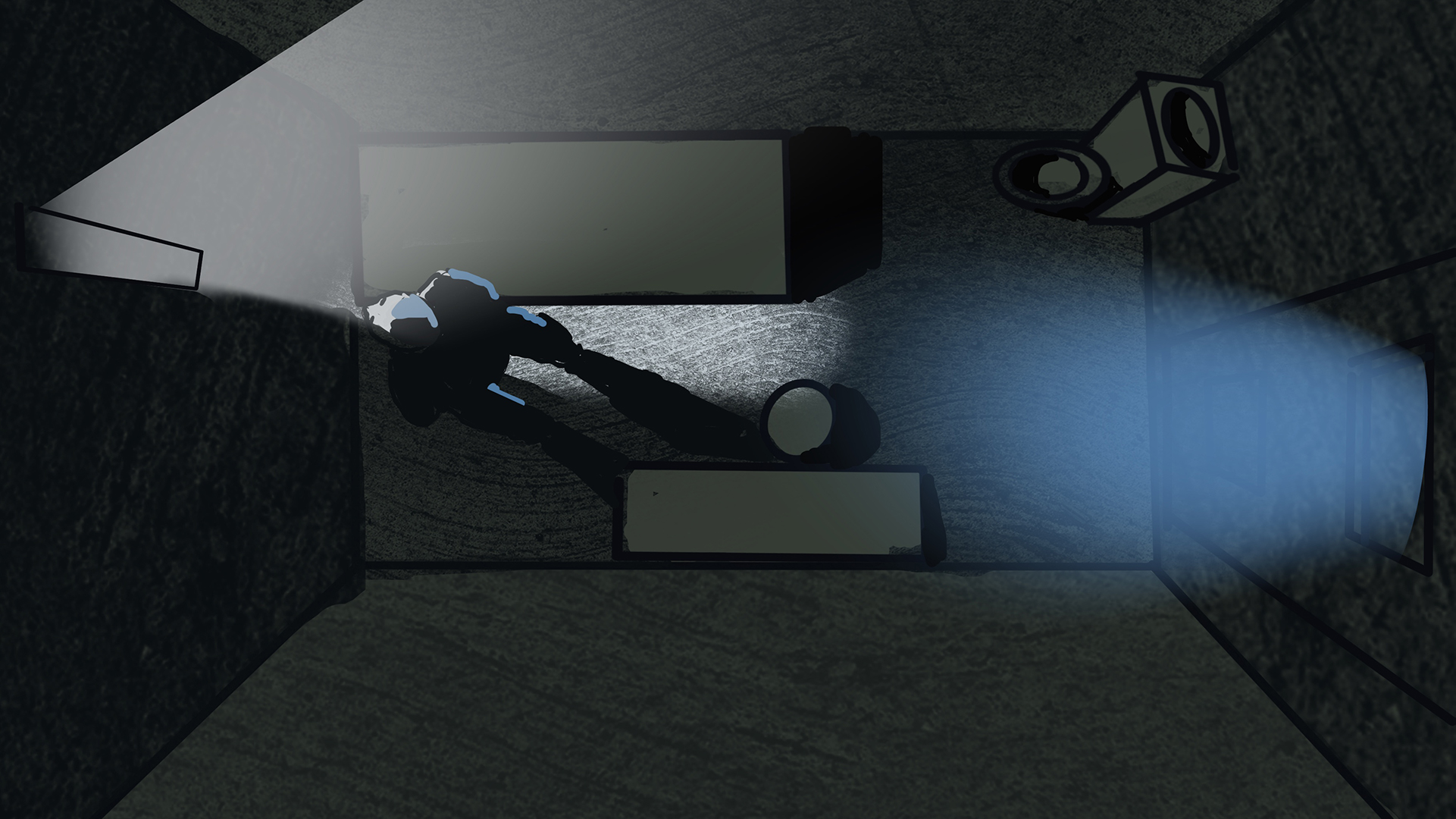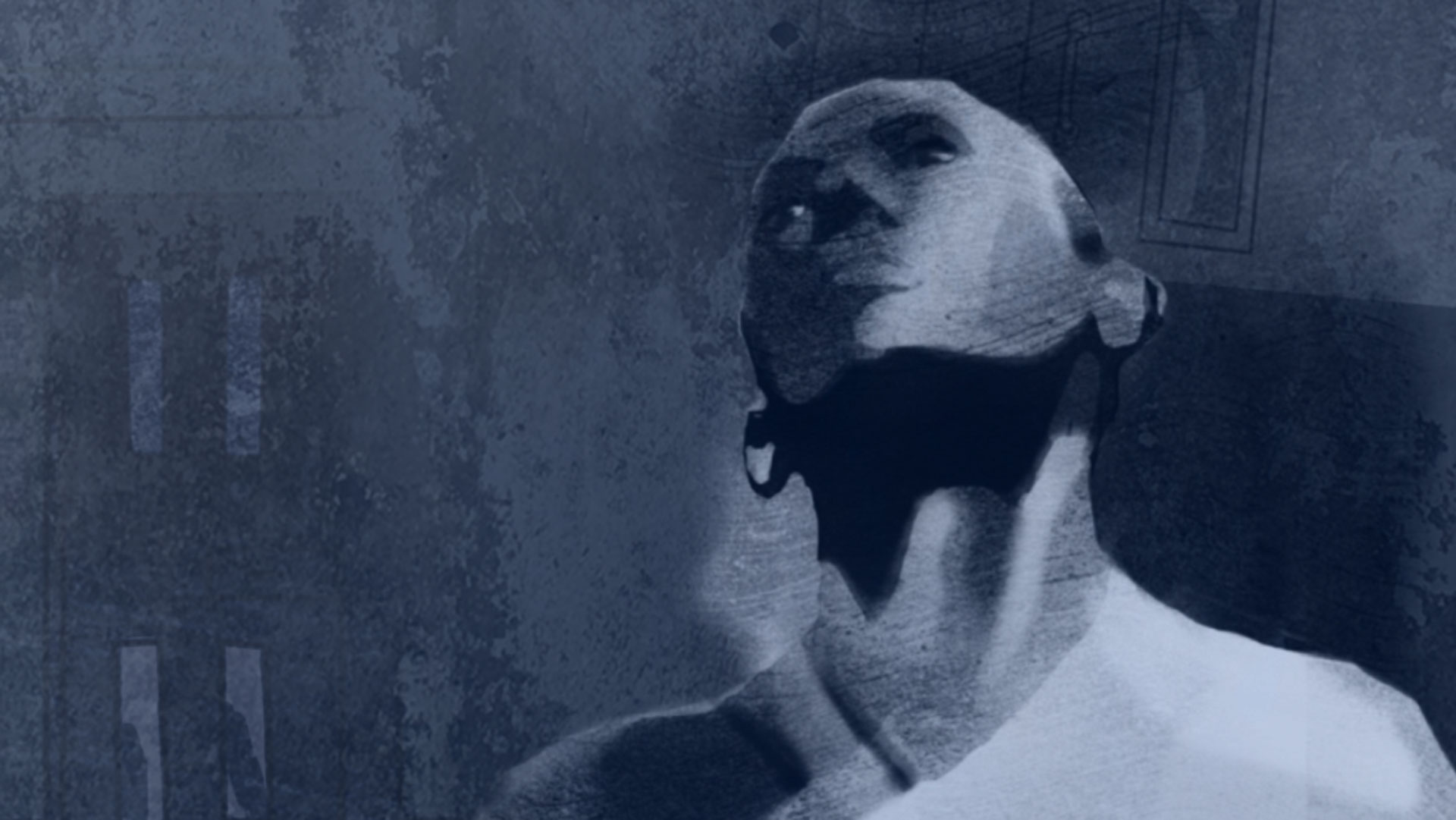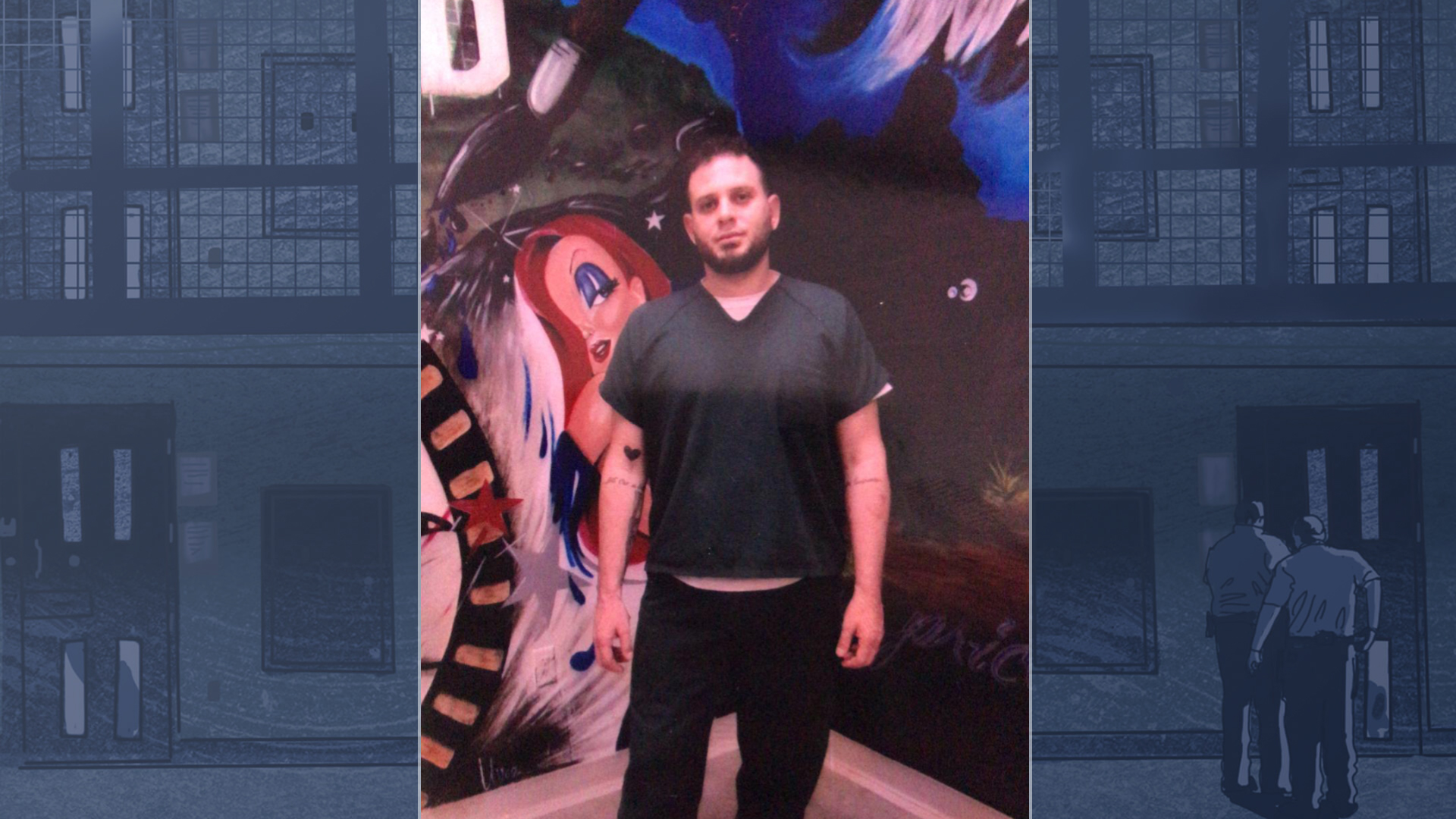Solitary Voices, an investigation into the misuse and overuse of solitary confinement at U.S. Immigration and Customs Enforcement (ICE) detention centers, is anchored in the stories of people from around the world who spent weeks or months locked in the agency’s isolation cells.
Over the course of a five-month investigation, the International Consortium of Investigative Journalists and our reporting partners in five countries spoke with dozens of people who were locked in ICE solitary.
“After that first or second week, I lost my mind,” said Ayo Oyakhire, a 52-year-old Nigerian, of his nearly seven weeks in isolation at the ICE unit in Atlanta’s jail. “Sometimes I feel like someone is choking me. I have flashbacks like I’m still confined in that little room.”
Dulce Rivera spent most of a year in solitary confinement. She was isolated even after she hung herself from the ceiling — a suicide attempt brought on, she said, by the strain of 23 hours a day in a cell without meaningful human contact. “You never know what day it is, what time it is,” Rivera said. “Sometimes you never see the sun.”
Karandeep Singh, who was put into solitary confinement for hunger striking, is still afraid, even though he is now back in India. “I am mentally elsewhere. I cannot sleep,” Singh said. “You are changed, you can’t feel safe,” he said.
The stories of Oyakhire, Rivera, and Singh are featured in stories by ICIJ and The Intercept. Here are more Solitary Voices, from our partners at Grupo SIN in the Dominican Republic, Plaza Pública in Guatemala; and NBC and Univision in the U.S.
Silvio Ruano, Guatemala — Plaza Pública
Before he was detained trying to cross the border from Mexico to the U.S., Silvio Ruano (a pseudonym) had spent a decade on the move, afraid to return to his native Honduras, where he had been a political dissident.
Nothing in his experience, he told Plaza Publica, had prepared him for a solitary confinement cell earlier this year in at the Otay Mesa Detention Center in San Diego, where he was put for seven days after arguing with a guard, according to Plaza Publica’s reporting.

Ruano said his cell was completely silent — except for when there is a disruption elsewhere in the facility. “It’s terrible,” Ruano said. “Silence or a ton of noise. The silence drives you crazy, the noise doesn’t let you sleep.”
Jesús Lorenzo Ávila, Mexico — Univision
Jesús Lorenzo Ávila has been stuck in solitary confinement at the Otero Processing Center in New Mexico for most of the past month, and doesn’t know what he has to do to get out, he told Univision.

“I’m afraid of dying,” the Mexican national wrote to ICE officials in a letter reviewed by Univision.
The responses, though, come in English: “And I do not understand,” he said.
Avila said his time in isolation is taking a toll.
“Now I do not sleep well, I can not, I eat my nails, that never did, and I have a new thing that crashed my teeth, my jaw from side to side, I have anxiety attacks,” he said.
Napoleón Saviñón, Dominican Republic — Groupo SIN
“It is not easy to be in solitary in a room of four by four when one is used to having freedom,” Napoleón Saviñón told Grupo SIN, ICIJ’s partner in the Dominican Republic.
Saviñón, who lived in the U.S. for decades before he was detained following a domestic violence conviction, was put into confinement on five different occasions. Each stay lasted five to six days. He has not forgotten the “windowless concrete” walls of the detention center in northern Florida, with just “a door with a small window.”
Another detainee that Groupo SIN interviewed, César Fernando Guerrero Casado, spent 57 days in solitary confinement at ICE’s detention center in York County, Pennsylvania, because of “an altercation” with a cellmate, he said. “Those were the most horrible days I’ve ever had in my life,” he said.
Miles de inmigrantes de todo el mundo, incluyendo dominicanos, son sometidos al confinamiento solitario en centros de detención en EEUU, permaneciendo encerrados unas 23 horas al día durante semanas y meses, algunos más de un año. #SolitaryVoices #VocesSolitarias #NoticiasSIN pic.twitter.com/l7Gf0IYnib
— Noticias SIN (@SIN24Horas) May 21, 2019
Amgad Khalafalla, Egypt – NBC News
Egypt-born Amgad Khalafalla was working as a hospital technician in South Carolina when, in 2017, he was arrested by ICE, accused of violating the terms of his visa, according to NBC News.
Also detained at the York County Detention Center in Pennsylvania, Khalafalla was accused of disobeying a guard’s orders to return to his bed and was put into solitary confinement for seven days, according to NBC News. He was scared and confused, he said.

“All I know is that there are handcuffs on my hands, a big chain around my waist and feet,” Khalafalla said. “What did I have done wrong in my life that I get that punishment?”

